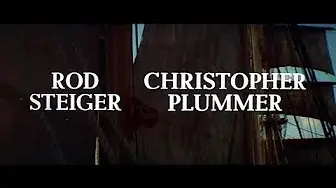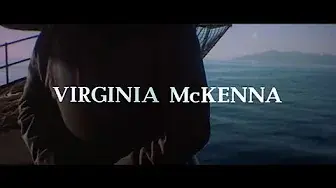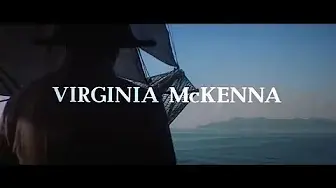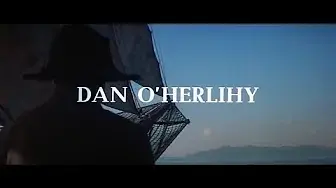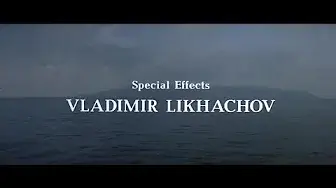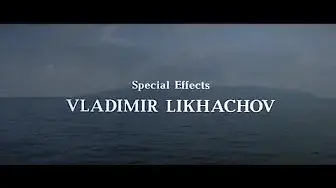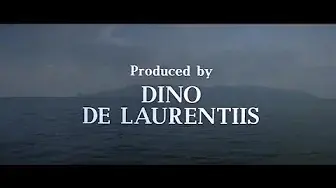젊은 장교 나폴레옹은 가난에 지쳐서 때로는 삶을 포기할 생각도 했었다. 그러나 혁명이 일어나서 봉건적인 폐습이 그 종말을 고하고, 능력에 따라 인간의 성공이 결정된다는 사회풍조가 확대됨에 따라 나폴레옹은 프랑스 사회에 대한 증오심을 버리고 혁명을 열렬히 지지하였다.
더욱이 혁명을 부정하는 왕당파나 반혁명의 외세가 프랑스를 압박하자 나폴레옹은 그의 재능을 마음껏 발휘할 기회를 얻었다. 툴롱 항구의 전투(1793년 12월)와 파리 폭동을 진압하여 영국과 왕당파를 궤멸시키자 국민들 사이에서 그의 인기가 치솟았고 약관 27세에 이탈리아 원정군의 사령관이 되었다.
나폴레옹은 이탈리아와의 원정에서도 뛰어난 전술로 많은 곤경을 극복하고 승리하였다. 그 결과 체결된 캄포 포르미오 조약에서 오스트리아·이탈리아 양국은 벨기에와 롬바르디아를 프랑스에 양도하였다. 이탈리아 원정 등지의 싸움에서 나폴레옹은 '작은 하사'라는 애칭으로 불렸다. 사령관인 그는 전투에서 늘 앞장서서 공격을 지휘하고 병사들과 함께 생활하였다. 이 애칭 역시 보통 병사와의 친밀감의 표시이자 그의 군대의 단결된 모습을 단적으로 보여준다.
그러나 나폴레옹은 단순한 군인이 아니었다. 그는 이탈리아 원정 및 그 후 이집트 원정에서도 군인과 함께 많은 학자, 기술자 등 비전투 요원을 대동하여 프랑스 박물관을 가득 채울 수많은 고전예술품, 귀중한 유물 등의 문화재를 약탈하였다. 여기서 로제타 비석을 발견하기도 하였다. 이러한 점은 나폴레옹이 박학다식하여 무엇이 그의 영광을 영속적으로 나타낼 것인지를 충분히 알고 있었다는 증거가 된다.
조르주 르페브르는 나폴레옹의 성격을 이렇게 평가하였다.
실천하는 인간이고, 참으로 뛰어난 전사(戰士)이며, 전형적인 18세기 합리주의자로서 이성과 지혜와 노력을 믿었던 인간이다.
나폴레옹이 이러한 평가로 올바르게 판단될 수 있을지 모르겠으나 그는 자신의 성격을 다음과 같이 밝혔다.
나는 바이올린 연주자가 악기를 사랑하듯 권력을 사랑한다. 나는 오직 후대를 위하여 살아갈 뿐이다. 죽음은 결국 무(無)이다. 패배 속에서 영광 없이 살아가는 것은 매일매일 죽어가는 것이다. 나의 상상력을 자극하는 사람은 오직 동방 세계를 정복하여 세계의 지배를 꿈꾼 알렉산더, 카이사르, 샤를마뉴 등이다.
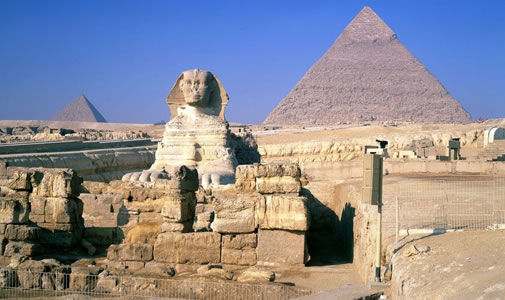
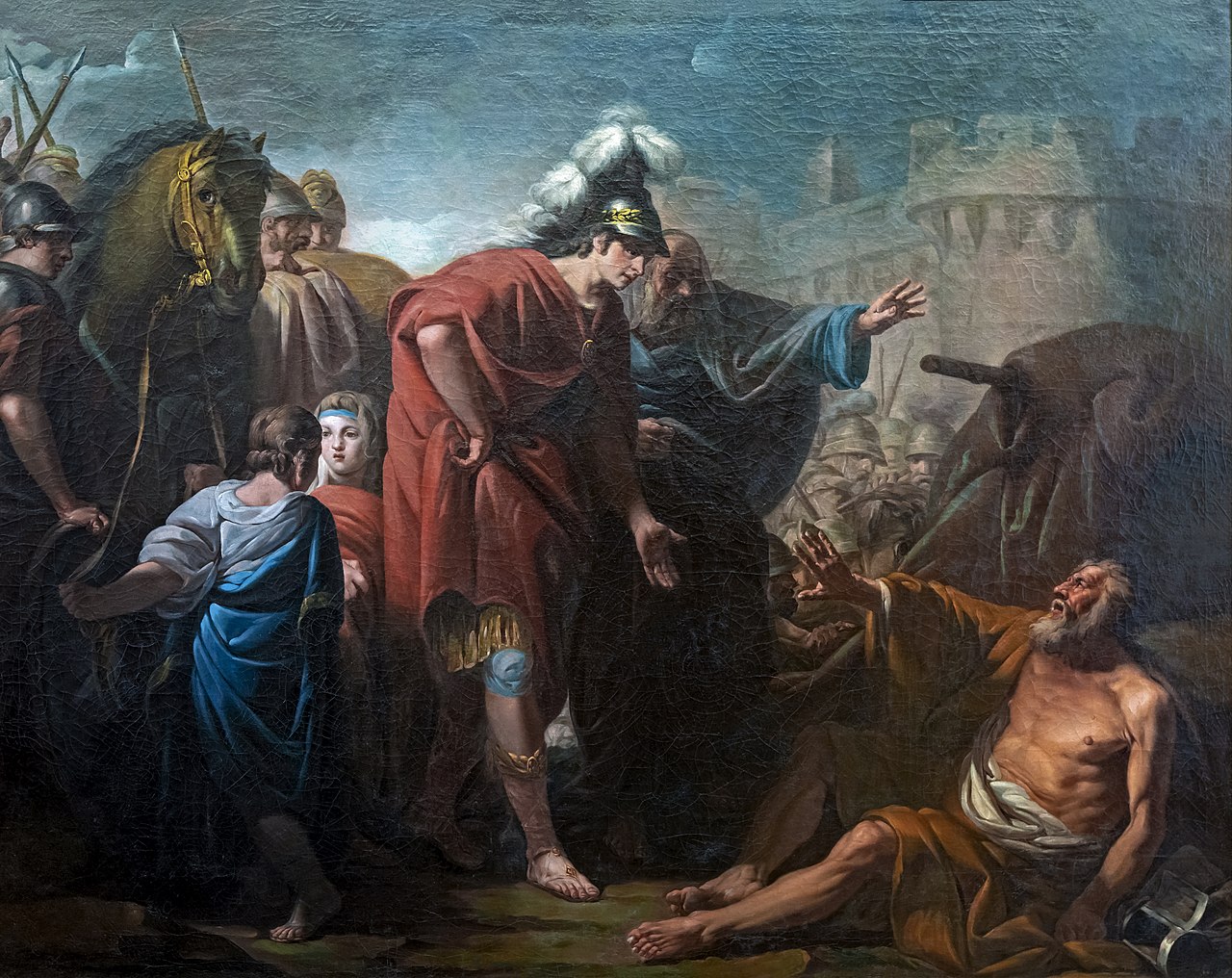

WATERLOO - 1970 - FAN CUT in Full HD

marlbrouk
Formerly a member of Panther Films, Simon Lewis has been a filmmaker over a number of years. JACKALS was his first feature film, premiered in 2012 Previous to this he has made a number of short films - KISS OF THE MOON, produced in 2009 was shown at a numb
www.youtube.com
'영상모음 > 영화' 카테고리의 다른 글
| Welcome Home (0) | 2023.01.03 |
|---|---|
| 벤허 (Ben-Hur) (0) | 2023.01.03 |
| 미스 진 브로디의 전성기 (0) | 2022.12.29 |
| Tunes of Glory (1) | 2022.12.29 |
| 홀로 도모르: 우크라이나 대학살 (0) | 2022.12.01 |


